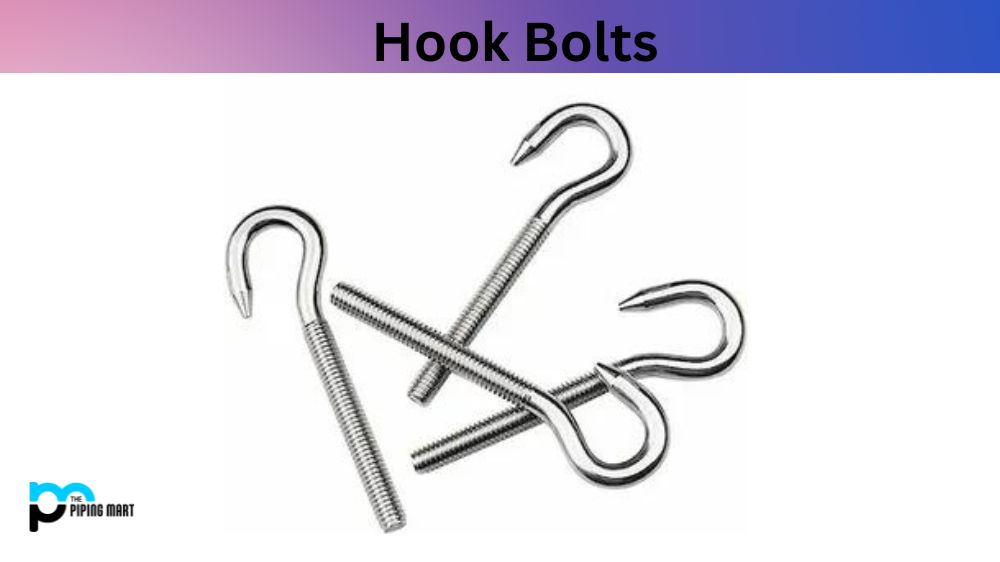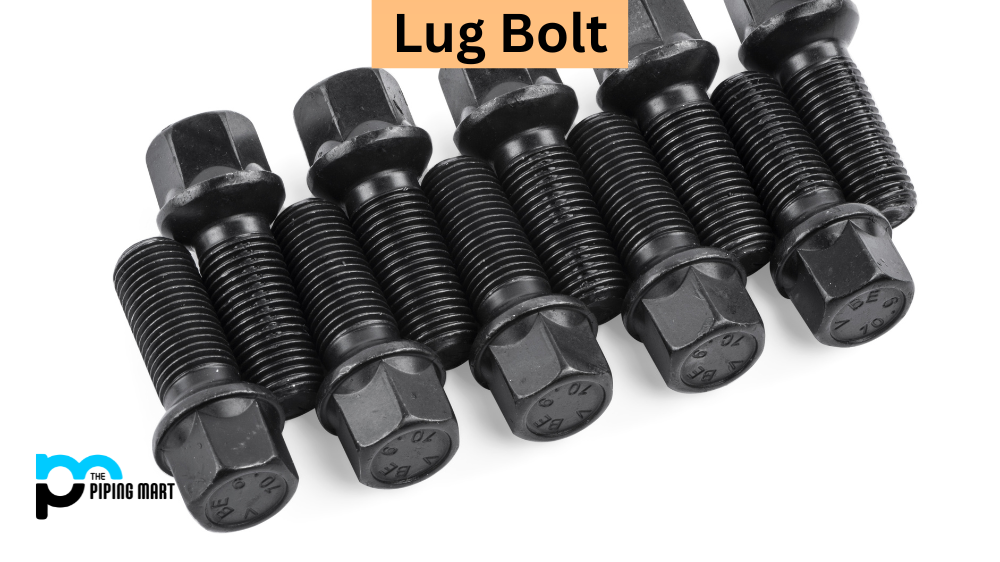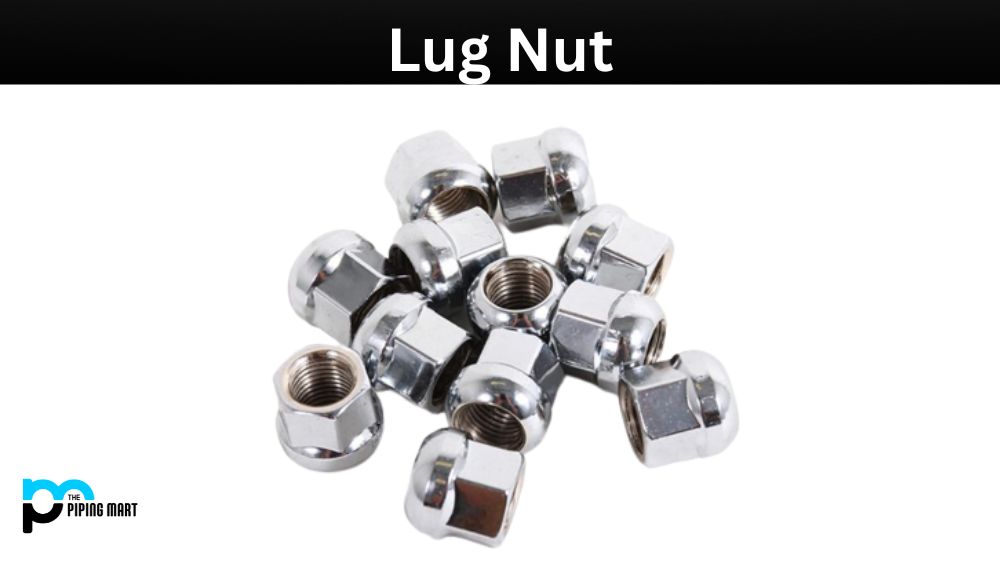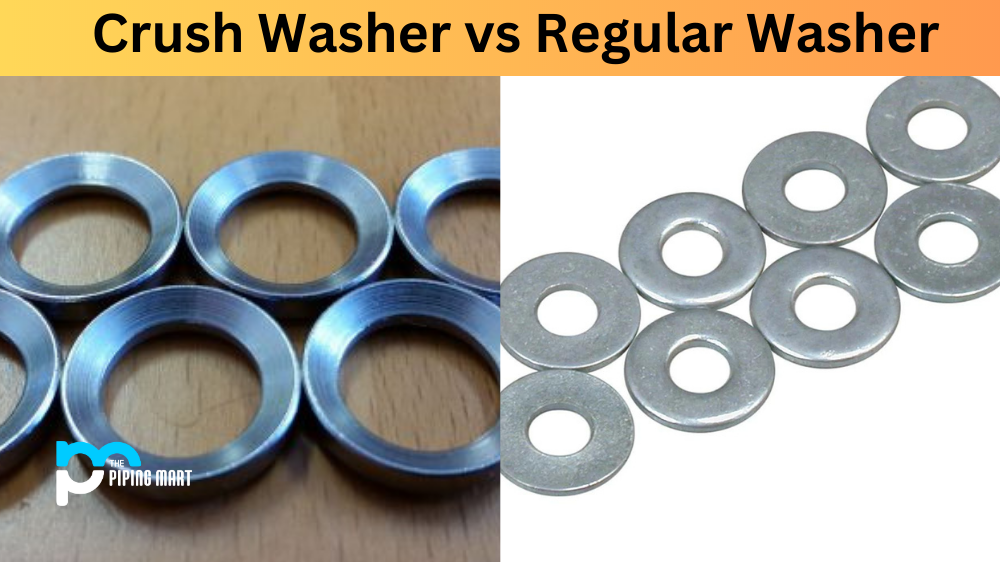In the construction industry, hook bolts are becoming increasingly popular due to their numerous advantages. Hook bolts are threaded fasteners with a hook-shaped end, which is used to secure a structure in place. When compared to other types of fasteners, such as screws or bolts, hook bolts offer unique benefits that make them a preferred choice for many contractors. If you are considering using hook bolts in your construction project, it’s crucial to understand their advantages and disadvantages. This blog post will discuss the pros and cons of using hook bolts.
Advantages of Hook Bolt
Increased Strength –
One of the primary benefits of using hook bolts is their strength. Hook bolts have a hook at the end of the fastener, which creates a secure hold on the structure. This makes them ideal for applications requiring maximum strength, such as in a concrete or masonry project.
Versatility –
Hook bolts can be used in various construction projects, including attaching fixtures to walls, securing concrete forms, and installing machinery. Their versatility makes them a preferred choice for many contractors.
Easy to Install –
Hook bolts are easy to install compared to some fasteners, such as expansion anchors. The installation typically involves drilling a hole in the structure and inserting the hook bolt. This saves time and reduces labour costs.
Corrosion Resistance –
Hook bolts are designed to last even in harsh environments. Some hook bolts are made from stainless steel or galvanized steel, offering excellent corrosion resistance. This makes them perfect for outdoor projects or any building with exposure to moisture.
Disadvantages of Hook Bolt
Hole Size –
Installing hook bolts requires specific size holes in the structure. This can be a disadvantage compared to other fasteners, such as expansion anchors, that can be used in holes of various sizes.
Load Capacity –
Hook bolts have a limited load capacity compared to other fasteners, such as wedge anchors. The load capacity of hook bolts depends on factors such as the size of the hole, the embedment depth, and the structure’s material.
Installation Difficulty –
Although hook bolts are easier to install than some fasteners, they still require specific tools and equipment for installation. This can disadvantage some contractors who need access to the necessary tools.
Limited Availability –
Hook bolts may only be available in some hardware stores or construction supply shops. This can be problematic if you need to use hook bolts in your project but need help finding them in your local area.
Conclusion:
In conclusion, hook bolts offer numerous advantages compared to other fasteners, including increased strength, versatility, easy installation, and excellent corrosion resistance. However, they also have disadvantages, such as the hole size required for installation, limited load capacity, difficulty, and availability. When considering using hook bolts in your construction project, carefully weigh the pros and cons. If the advantages of using hook bolts outweigh the disadvantages for your specific application, they can be an excellent solution for your project. However, if the drawbacks outweigh the benefits, it may be best to consider other fasteners.
Sakshee is a talented blogger, with a particular focus on the Business and Metal Industry. She is passionate about sharing her insights on various metal products and helping professionals to make a better decisions.




